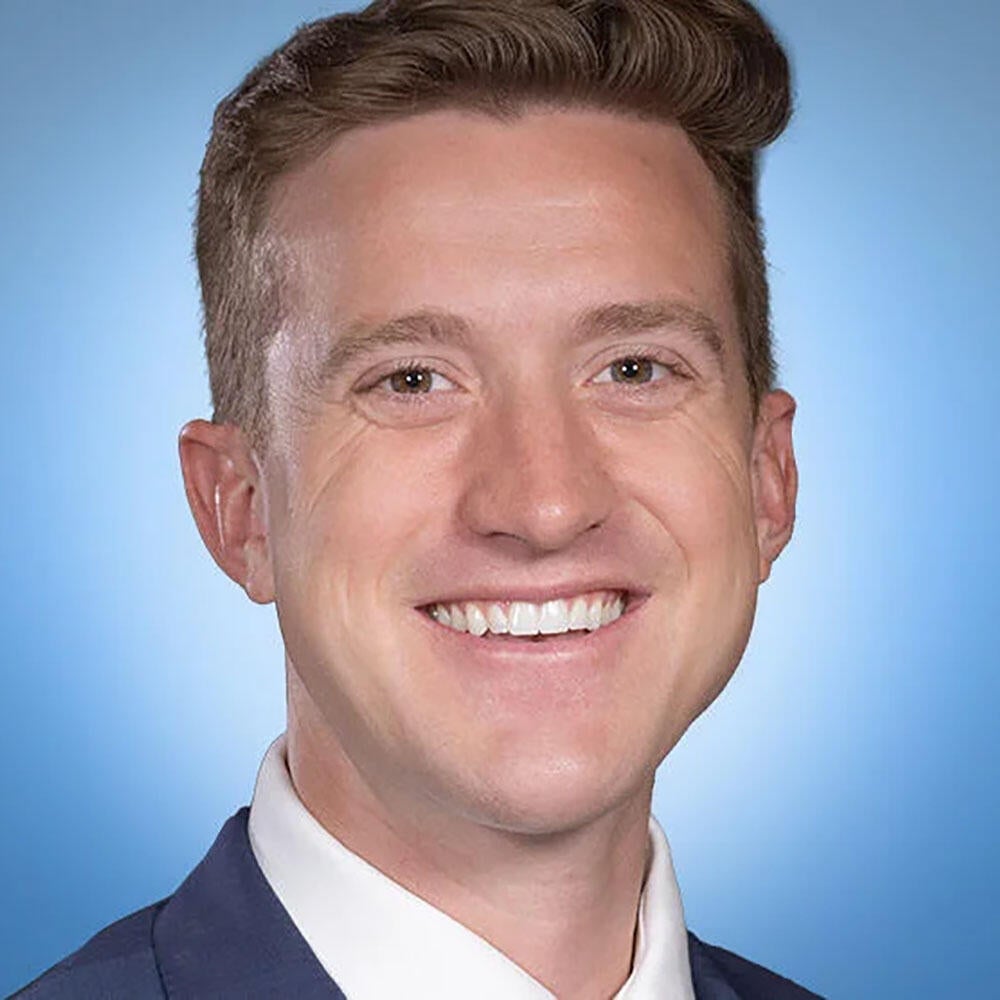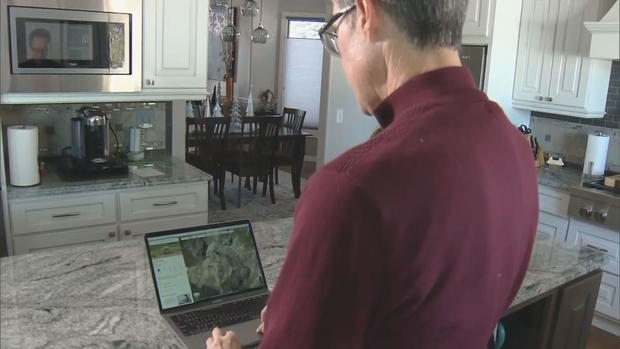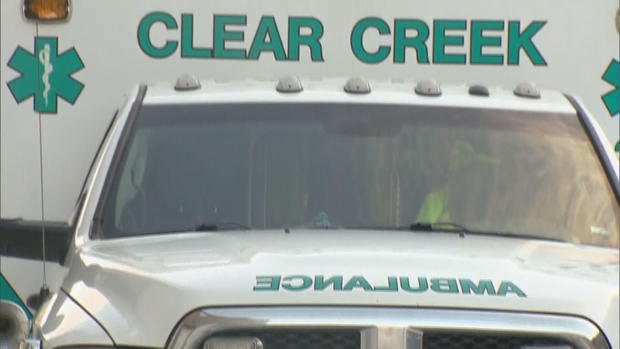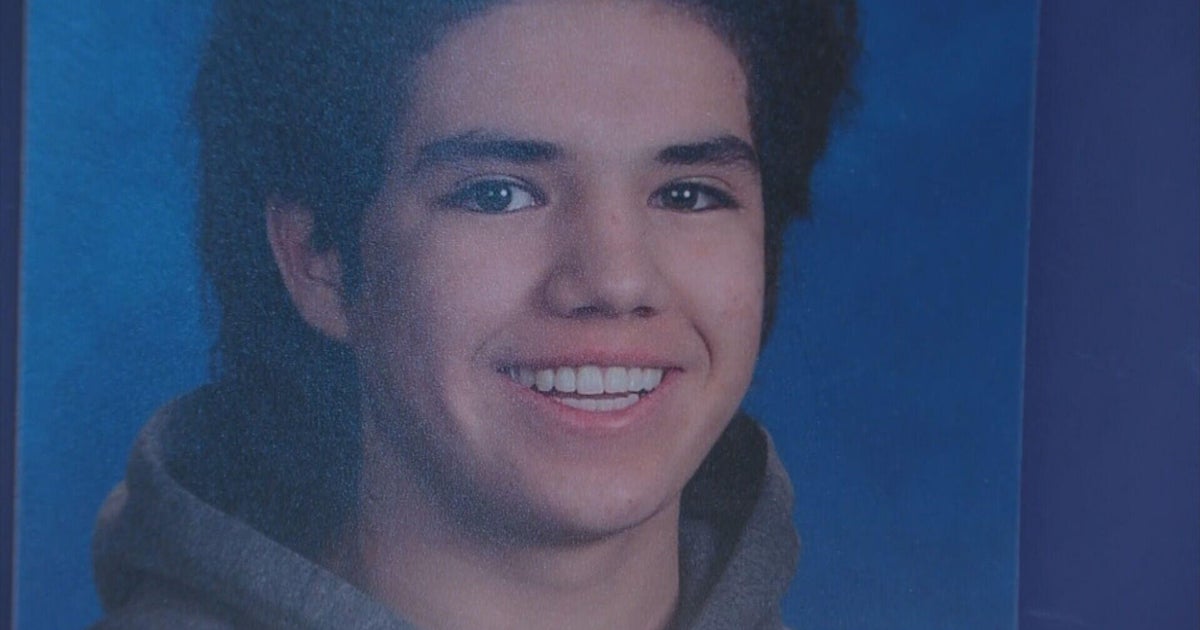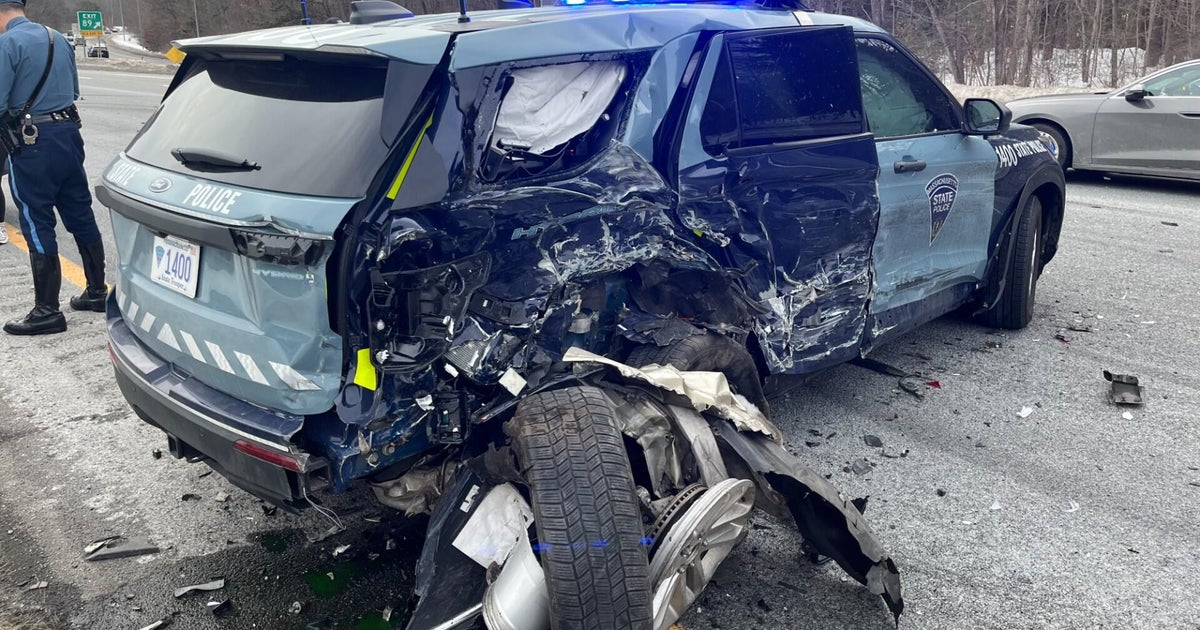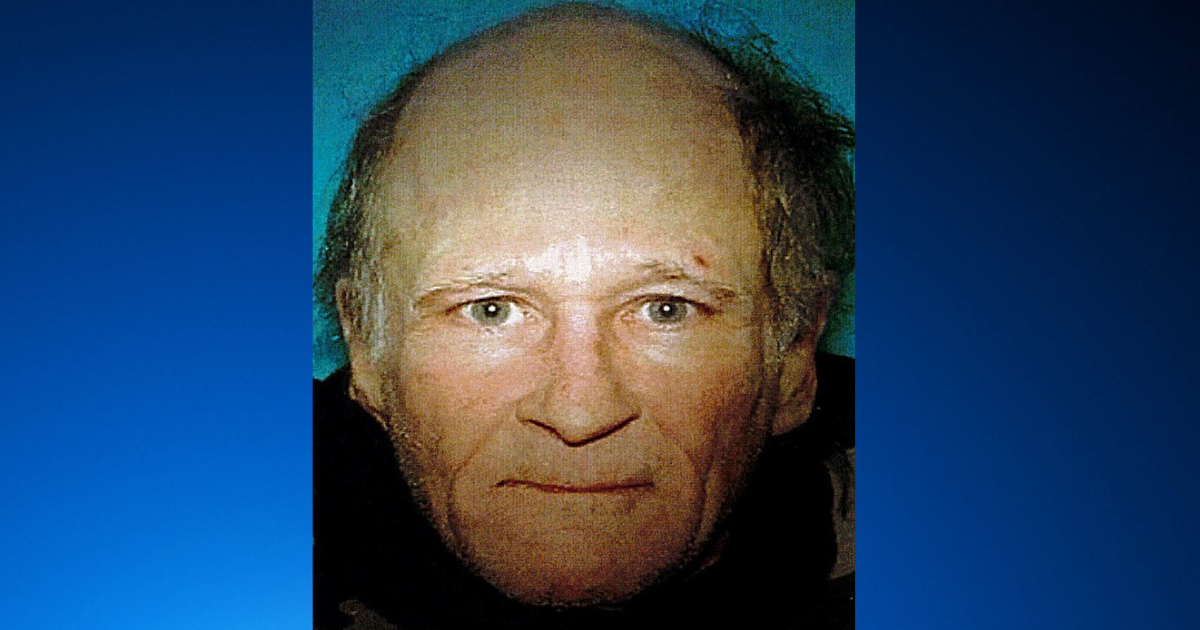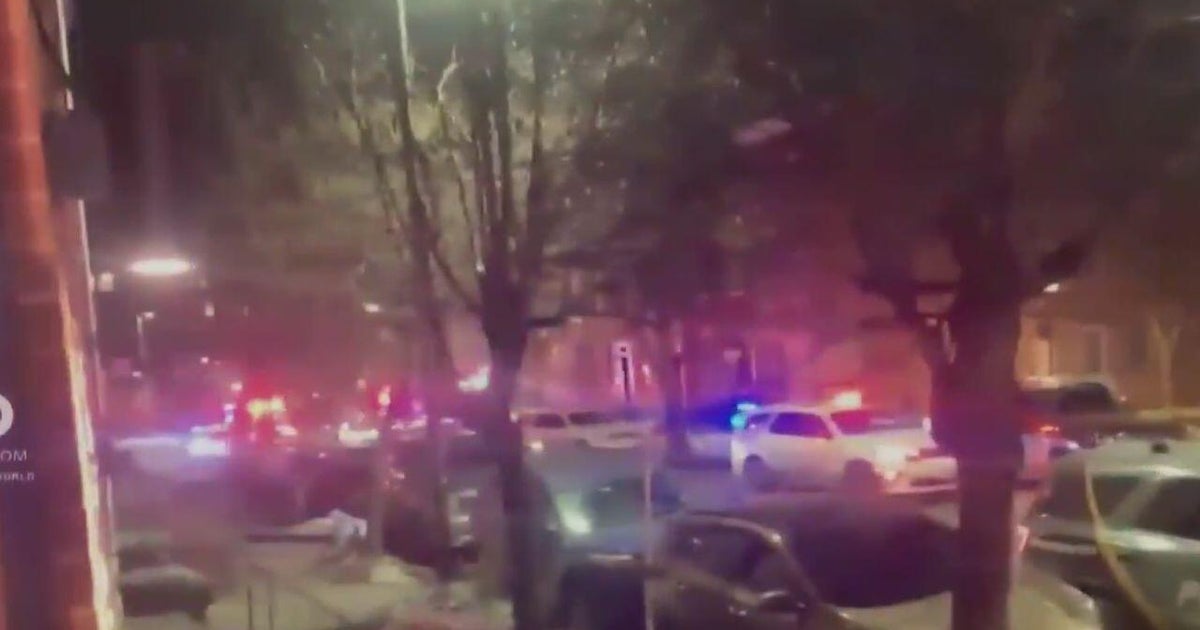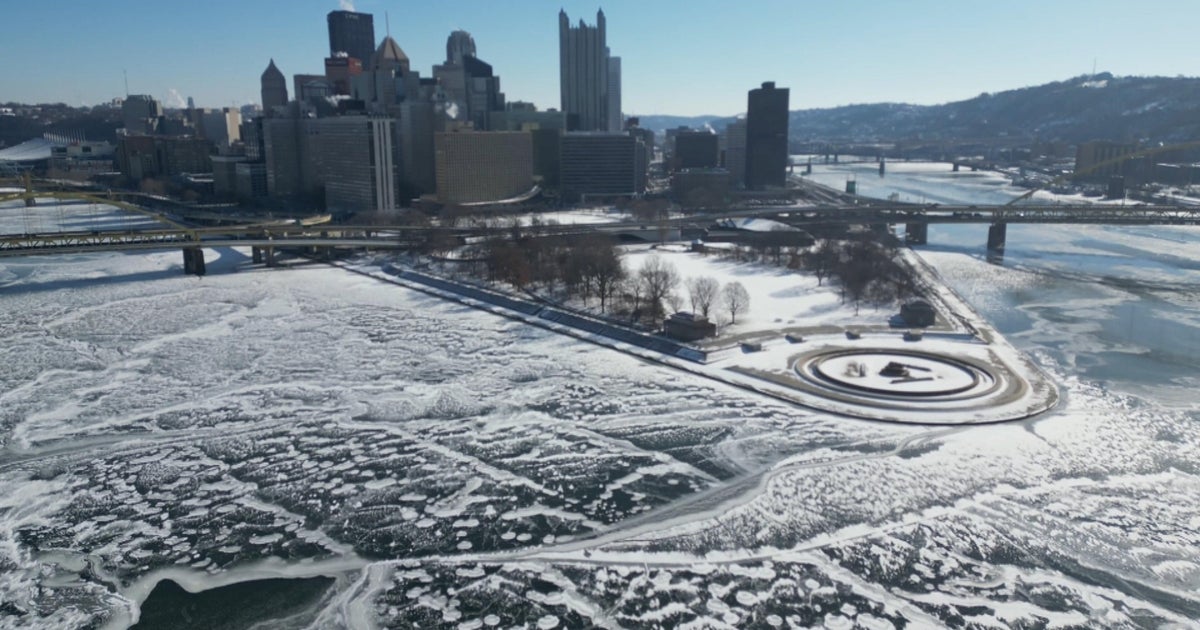Portable defibrillator, automatic CPR machine help save hiker in cardiac arrest
Alan Zacharias chose Mt. Bierstadt as his first Colorado 14er, after hitting several other famous hikes like the Manitou Incline.
"Drove up there, had a successful ascent up the mountain, and came down gradually after a pretty exhausting, exhausting climb," Zacharias said. "I started to not feel very well, that's how I knew something wasn't right."
He sent some hikers down ahead of him to call for help, while self-diagnosing his condition.
"I'm a physician," Zacharias said. "I knew the symptoms of a heart attack. I felt crushing chest pain, numbness in my left arm and was really not feeling well at all. So I then got down and rested on the ground."
Meanwhile, a 911 call went out and Clear Creek County EMS responded. Once they got to Berthed Pass and connected with other emergency responders, they decided to call in a Flight for Life helicopter on the off chance this was more than just an anxiety call.
Dylan Morris and Keegen Tyll with CCEMS said they brought along extra gear this time too, including an automatic CPR machine (that looks a lot like a plunger that goes up and down over someone's chest to give chest compressions). They made the mile-and-a-quarter hike up to Zacharias and found him in bad shape.
"We got there, and he was actually having a heart attack," Morris said.
After stabilizing him with medication, EMS was preparing to send him off with Flight for Life, which luckily found a nearby landing spot.
"I walked over there to give them the handoff and tell 'em about the patient," Tyll said. "What we have done so far... as we were walking back over to the patient, that's when he went into cardiac arrest."
The pair were able to use a portable defibrillator and the automatic CPR machine to keep Zacharias alive, even when he went into cardiac arrest a second time.
"In my career when I get a patient back, I don't have to do CPR on 'em again for the second time, but it does happen," Tyll explained.
Zacharias was loaded into the helicopter, and flown to a hospital where crews were able to finish the save.
"I feel phenomenally lucky. It feels like an absolute miracle," Zacharias said to CBS News Colorado. His gratitude was enough he sent a letter to Clear Creek EMS, thanking them for helping to save his life.
"Thank you for the work you're doing for me and for others," Zacharias said. "Thank you specifically for saving my life and giving me a chance to live the life I had always planned on. I knew without them having been there in a timely fashion and using all their skills, I simply wouldn't be here."
Clear Creek EMS told Reporter Spencer Wilson that thanks like that don't always come, but when they do, they mean a lot.
"That is actually my first thank you I've gotten in my whole career, which was amazing," Tyll said.
His EMS crew has an astounding record of cardiac arrest saves compared to the rest of the U.S., with an overall non-traumatic etiology survival rate of 23.1% compared to the national average of 7.2%. Clear Creek does have a much smaller pool of data, with 13 saves so far this year compared to the national average so far this year at 117,831 which could skew numbers. Still, the team is very proud of the work they are doing and the lives they are saving.
As for Zacharias, he said he's thinking twice about tackling a 14er like that again.
"The short-term plan is no 14'ers. If and when I feel safe again to do something like that, I might. But it's a big might at this point."
